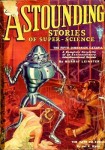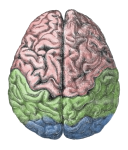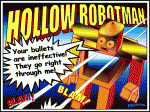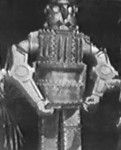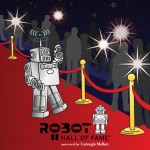
Photo: Black Marble. Earth lights from space. CREDIT NASA (Public Domain)
from Before its News
By Joel N. Shurkin, ISNS Contributor
Inside Science News Service
Friday, December 14, 2012 15:42
What if everything — all of us, the world, the universe — was not real? What if everything we are, know and do was really just someone’s computer simulation?
The notion that our reality was some kid on a couch in the far future playing with a computer game like a gigantic Sim City, or Civilization, and we are his characters, isn’t new. But a group of physicists now think they know of a way to test the concept. Three of them propose to test reality by simulating the simulators.
Martin Savage, professor of physics at the University of Washington, Zohreh Davoudi, one of his graduate students, and Silas Beane of the University of New Hampshire, would like to see whether they can find traces of simulation in cosmic rays. The work was uploaded in arXiv, an online archive for drafts of academic research papers. . . . Read Complete Report
~~~~~~~~~~~~~~~~~~~~~~~~~~~~~~~~~~~~~~~~~~~~~~~~~~~~~~~
from Huffington Post
Physicists May Have Evidence Universe Is A Computer Simulation
Huffington Post UK | By Michael Rundle
Posted: 11/10/2012 15:22 Updated: 12/10/2012 16:44
Physicists say they may have evidence that the universe is a computer simulation.
How? They made a computer simulation of the universe. And it looks sort of like us.
A long-proposed thought experiment, put forward by both philosophers and popular culture, points out that any civilisation of sufficient size and intelligence would eventually create a simulation universe if such a thing were possible.
And since there would therefore be many more simulations (within simulations, within simulations) than real universes, it is therefore more likely than not that our world is artificial. . . . Read Complete Report
~~~~~~~~~~~~~~~~~~~~~~~~~~~~~~~~~~~~~~~~~~~~~~~~~~~
from Cornell University
Constraints on the Universe as a Numerical Simulation
(Submitted on 4 Oct 2012 (
v1), last revised 9 Nov 2012 (this version, v2))
Observable consequences of the hypothesis that the observed universe is a numerical simulation performed on a cubic space-time lattice or grid are explored. The simulation scenario is first motivated by extrapolating current trends in computational resource requirements for lattice QCD into the future. . . .
Read Complete Report


